Why Linux is the Ultimate Mental Gym for Problem-Solvers; A Doctor and An Equestrian's Journey
The Impact of Linux on My Journey as a Doctor, Developer, and Instructor
Table of Content
Linux has been more than just an operating system for me—it’s been a companion, a mentor, and a tool that’s shaped how I think and work. My journey with Linux started back in 1999. As someone who was already juggling the complexities of medical school, I was drawn to Linux for its simplicity and stability—two things that often felt missing in other operating systems.
I started with Slackware, then moved through Debian, RedHat, PCLinux, Ubuntu and finally Manjaro. Each switch wasn’t just about trying a new system—it was an exploration, a challenge, and a chance to learn.
My minimum use for any Linux distro is two years—I never recommend switching or distro-hopping frequently. Constantly jumping from one distro to another prevents you from gaining the stability needed to truly learn and grow. Stick with one, explore its depths, and remember: everything is customizable, so face the problems head-on and solve them.
Over the years, I’ve had the chance to use some incredible but now-discontinued Linux distros like Dreamlinux, Moblin Linux, and CrunchBang Linux.
Each of these had its charm—Dreamlinux impressed with its Mac-like aesthetics, Moblin was a bold step towards a mobile-centric future, and CrunchBang (#!) was the minimalist’s dream, designed for speed and simplicity.
What stands out the most, though, is the vibrant CrunchBang Linux IRC channel. It was more than a support space—it was a thriving community where users exchanged ideas, solved problems, and formed connections. It remains one of the best Linux communities I’ve ever been part of, a testament to the power of open-source collaboration.
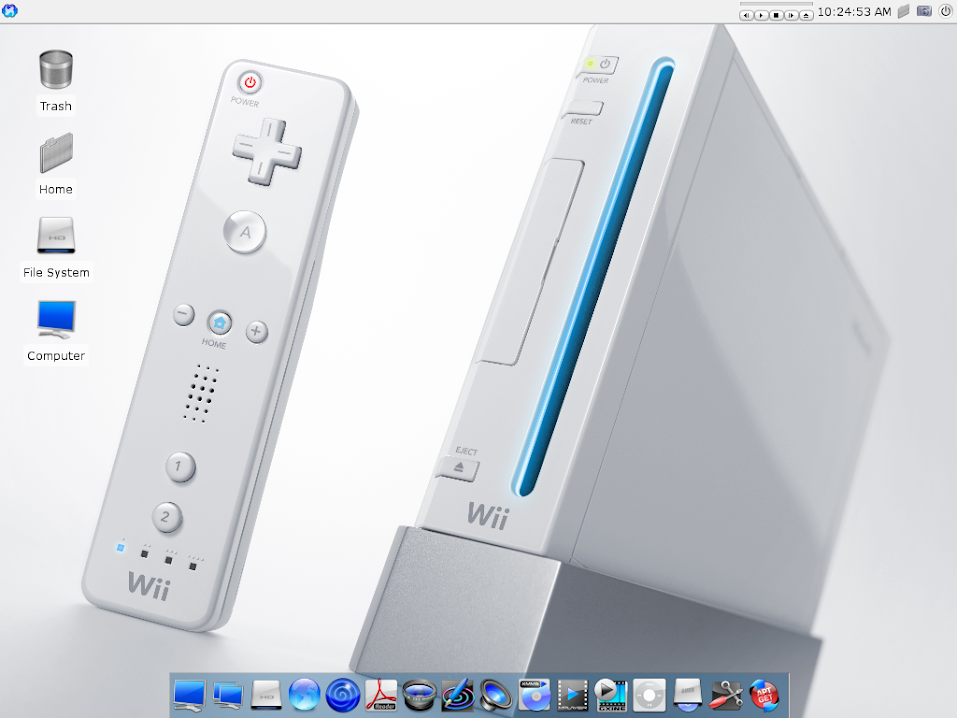
Over the years, I’ve experimented and used LinuxMint, Arch Linux, Manjaro, Solus, and Deepin, but I’ve ultimately settled with Manjaro as my daily driver.
Why? Because Manjaro strikes a balance between simplicity and power. It’s stable, it’s fast, and it just works—whether I’m developing software, teaching a class, or working on something completely unrelated, like horse training.
Linux: More Than an Operating System
One of the reasons I recommend Linux so passionately to friends, colleagues at med school in the early 2000s, and even my med school classmates is that it offers something far deeper than the surface-level advantages of other platforms.
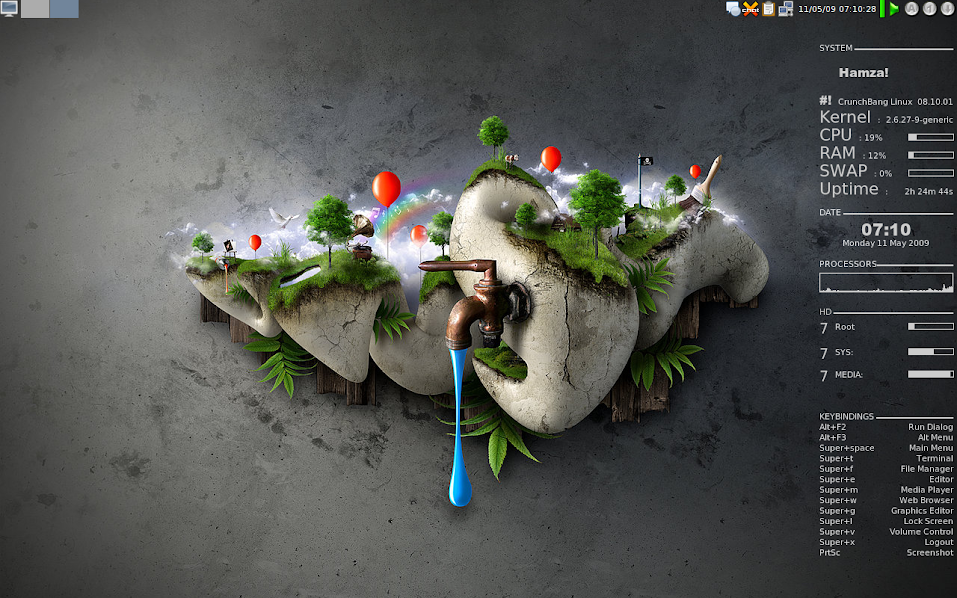
Sure, the benefits like stability, security, privacy, and customization are great. But the hidden value of Linux lies in the mental discipline it cultivates.
For those who’ve never used Linux for at least three to five years, I truly believe they’ve missed out on learning how to approach a problem. Problem-solving, critical thinking, and resourcefulness are skills I sharpened not just through my education, but through my Linux experience.
I recommended Linux not just to my fellow developers but also to doctors who’d spend countless hours gaming or relying on overly polished software.
I believed then—and still do—that using Linux is a mental exercise, a form of problem-solving practice that teaches you how to face challenges head-on.
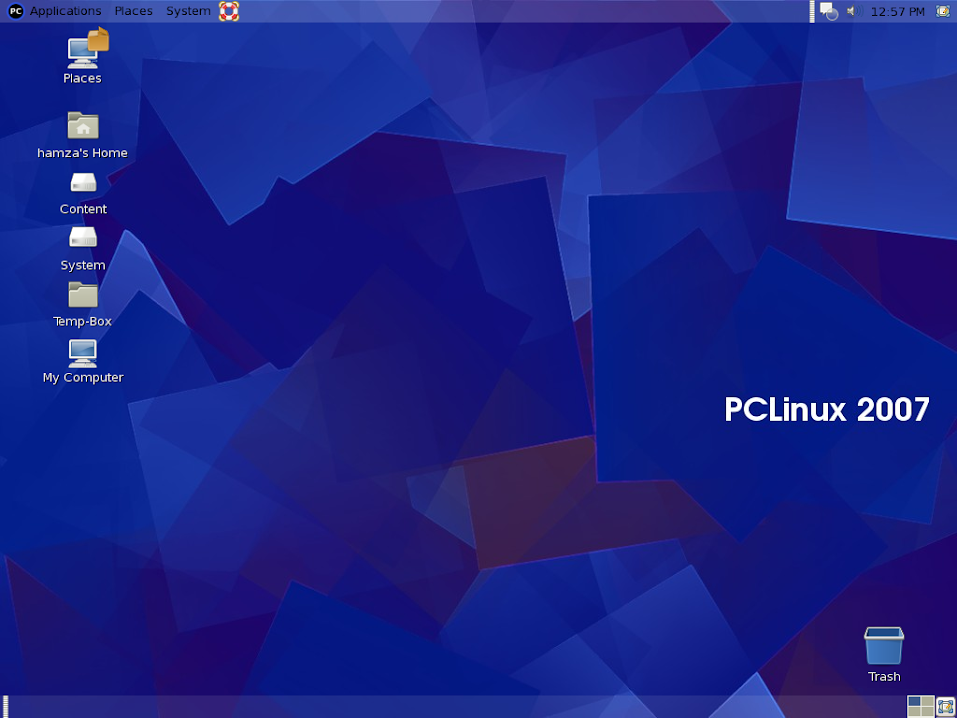
From Shell to Saddle: How Linux Prepared Me for Horse Riding and Training
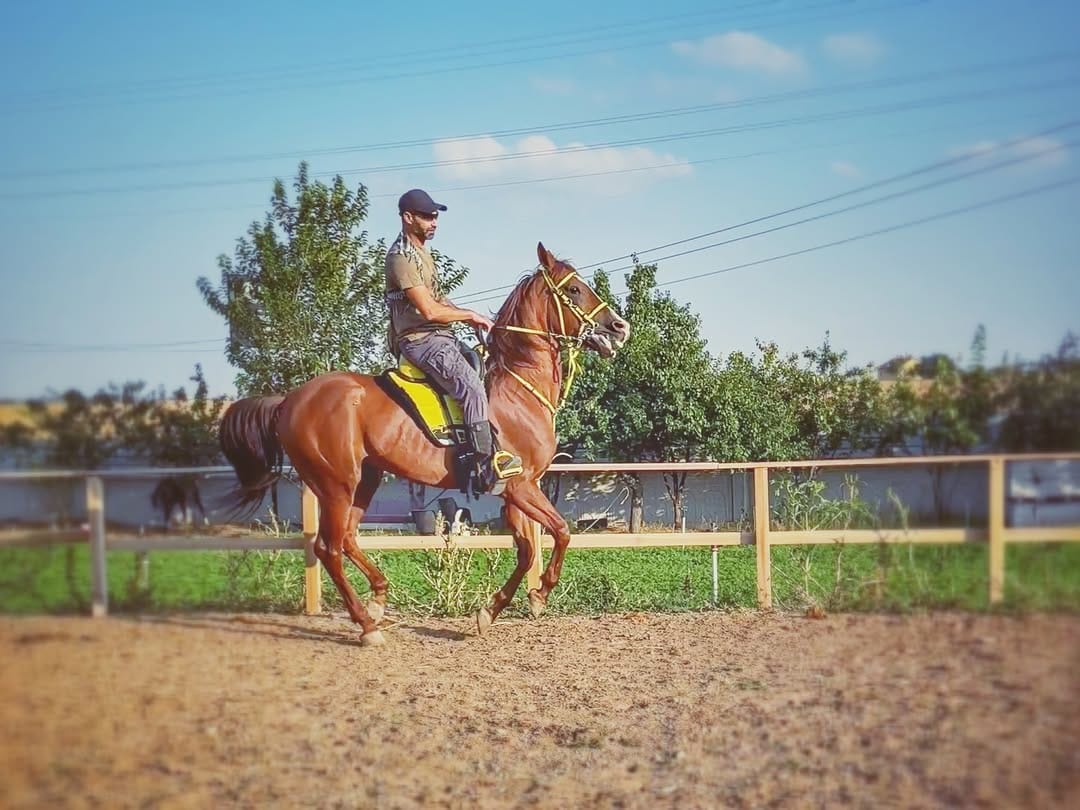
Owning horses and embracing a lifestyle of regular riding and training taught me valuable lessons, but it wasn’t until a 30-mile solo horseback journey that I realized how deeply Linux shaped my approach to this new passion.
Just like every Linux distro I’ve explored, each horse brings its unique traits, temperament, and challenges.
Training or riding a horse feels strikingly similar to installing and adapting to a new Linux distro—it requires understanding its character, finding the right "configuration," and solving problems as they arise.
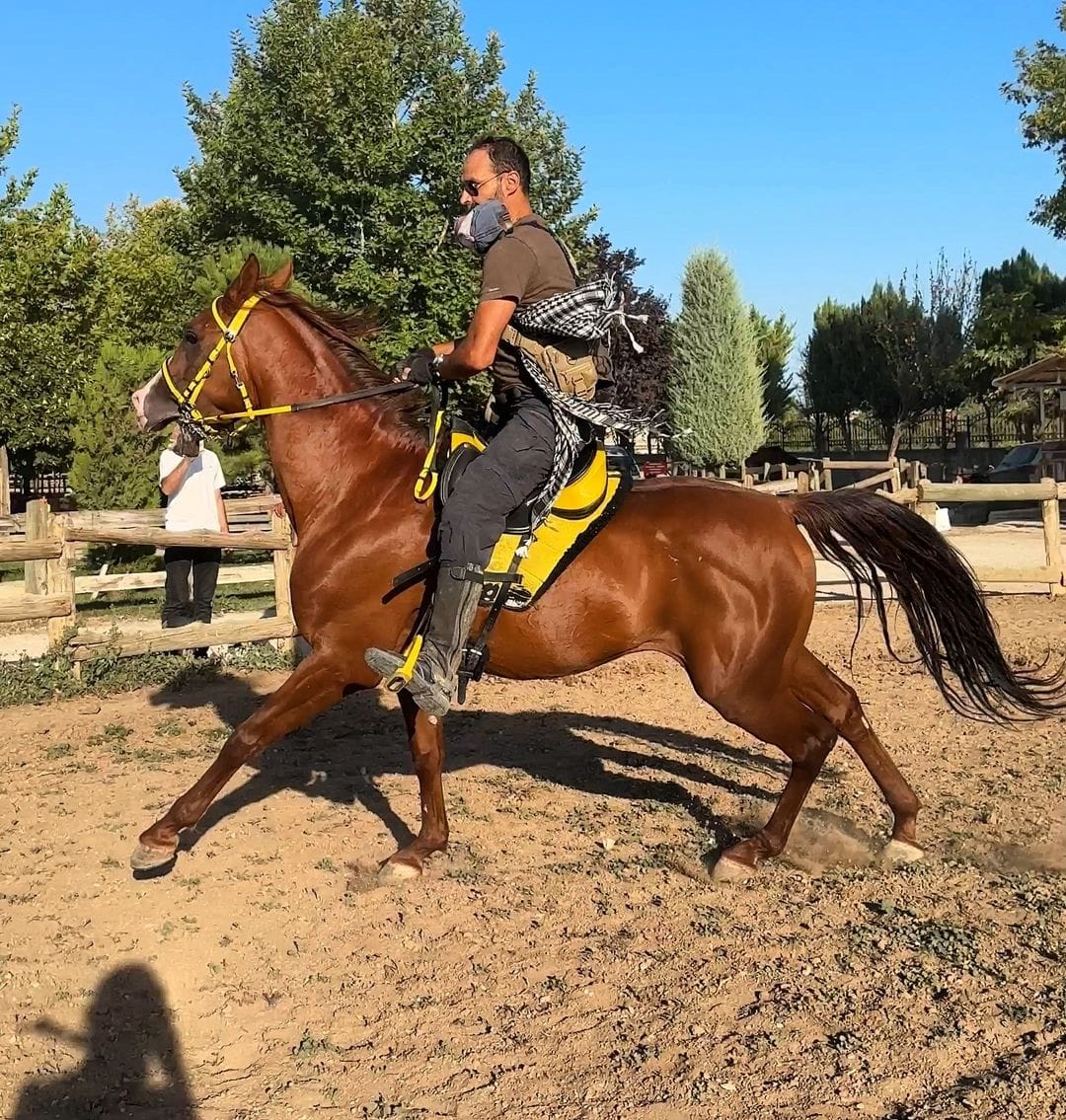
This mindset, honed through years of using Linux, has made me adaptable, patient, and solutions-oriented, both in the command line and the saddle.
So, when someone say: "your horse is dangerous, how you managed to tame and train it like this", The first answer that comes to my mind is: "It is just another Linux distro for me".

The Obvious Advantages of Linux
To appreciate the full scope of Linux’s impact, it’s important to start with its clear and undeniable advantages:
- Stability: Linux rarely crashes. Period.
- Security: Viruses are almost non-existent in the Linux world.
- Privacy: Linux gives you control over your data, something other operating systems rarely prioritize.
- Customization: You can tweak and adjust everything to suit your workflow.
- Performance: It runs smoothly on older computers, extending their lifespan.
- Software Updates: Regular, reliable updates that improve performance without breaking things.
- Diverse Software: Hundreds of open-source alternatives for every proprietary software you can imagine.
- Experimentation: You’re encouraged to try, fail, and learn—without restrictions.
- Less Gaming: Yes, gaming is possible on Linux, but not as tempting. This, in turn, means fewer distractions.
The Hidden Advantages
Beyond the obvious, Linux taught me skills I never expected to gain from an operating system:
- Challenging Yourself: Linux constantly pushes you to learn and adapt.
- Improving Problem-Solving: Debugging an issue, fixing a broken update, or configuring software builds resilience and analytical thinking.
- Productivity: The lack of distractions, coupled with efficient tools, means more time spent on meaningful work.
- Mental Sport: It’s like solving a puzzle every day. Each problem is an opportunity to grow.
- Open Source Values: You learn to appreciate and contribute to a community-driven ecosystem.
- Understanding Internals: From the kernel to package management, Linux teaches you how operating systems actually work.
- Better Development Practices: Whether it’s coding on Linux or deploying servers, it’s a developer’s playground.
- Mastering the Command Line: The terminal isn’t just a tool; it’s a superpower.
- Improved Search Skills: Searching forums, reading documentation, and finding solutions become second nature.
Why Linux is a Mental Game
Using Linux is about more than functionality—it’s about cultivating a mindset. Every configuration, every bug, every tweak teaches you something new.
It’s a lifestyle that promotes curiosity and problem-solving.
For me, it’s also been about the joy of discovery. When you finally solve a problem you’ve been stuck on, it’s not just relief—it’s exhilaration. And that exhilaration translates into confidence, both personally and professionally.
My Experience in Points:
- Adapting to Differences: Like Linux distros, every horse has its unique traits and requires a tailored approach.
- Problem-Solving: Both horses and distros present challenges that demand patience, analysis, and creative solutions.
- Learning Patterns: Training a horse is akin to learning a new OS—understanding its behavior and quirks is essential.
- Customization: Just as Linux allows infinite customization, working with horses teaches you to adapt your techniques to fit each individual.
- Patience and Persistence: The long journey of mastering a horse mirrors the learning curve of mastering Linux—neither offers shortcuts.
- Mental Growth: Both activities improve focus, resilience, and adaptability, making you more resourceful in life.
- Meditation and Reflection: Horseback riding offers a meditative escape, much like the satisfaction of solving a tricky Linux problem.
- Consistency: Commitment to a distro—or a horse—over time reveals deeper rewards and teaches discipline.
- Enjoying the Journey: Whether it’s a long trail ride or troubleshooting a system, the process itself is deeply fulfilling.
- Community and Sharing: Both Linux and horse riding involve learning from others, sharing knowledge, and growing together.
My Advices for Linux Users and Newcomers
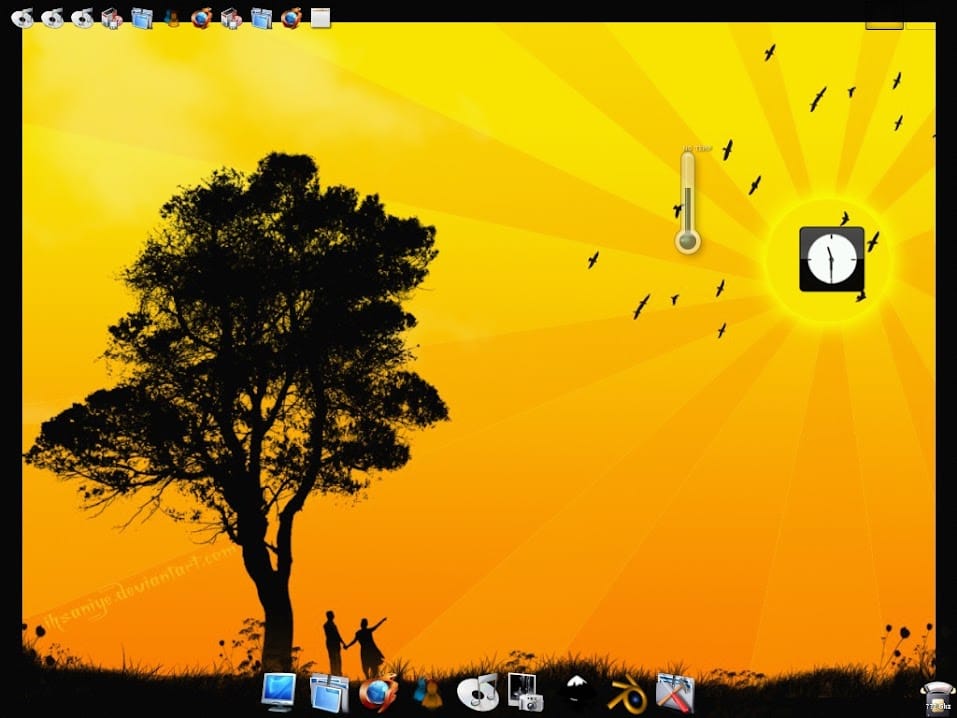
- "Stick with one Linux distro long enough to learn its depths—stability breeds growth."
- "Facing problems head-on in Linux mirrors solving challenges in life: patience and persistence are key."
- "Switching distros often might feel exciting, but it prevents you from mastering the art of problem-solving."
- "Linux is more than an operating system; it’s a mindset that cultivates creativity and resilience."
- "Every bug is a hidden lesson; solving it sharpens your mind and strengthens your confidence."
- "The best communities, like CrunchBang’s IRC, remind us that open-source is as much about people as it is about code."
- "Customizing Linux isn’t just about tailoring software—it’s about taking control of your workflow and thinking."
- "Challenges in Linux aren’t roadblocks; they’re stepping stones to better problem-solving skills."
- "The journey with Linux is a mental exercise—one that transforms frustration into growth."
- "To truly appreciate Linux, stop looking for perfection and start embracing its potential for endless learning."
Final Thought
Linux is not for everyone, and that’s okay. But for those who stick with it, the rewards go far beyond a faster computer or a more secure system. It’s a way to sharpen your mind, challenge your assumptions, and learn to love problem-solving.
If you’ve never tried Linux—or gave up after a few months—I encourage you to give it another shot.
Not just because it’s free, secure, and customizable, but because it teaches you how to think. And in a world that increasingly demands creativity and critical thinking, that’s a skill worth cultivating.
Linux has been a cornerstone in my life—not just as an OS but as a mindset. It’s not just about what Linux can do for you, but what you can become because of it.











